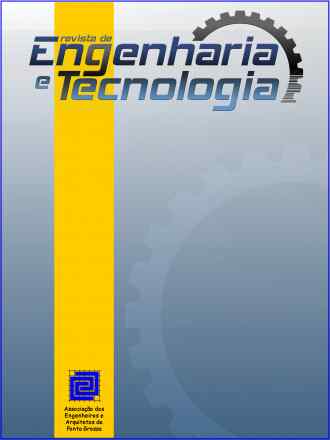CARACTERIZAÇÃO DAS PROPRIEDADES FÍSICAS, QUÍMICAS E MECÂNICAS DE MATERIAL ARGILOSO E CERÂMICO DE GOIABEIRAS NO ES – BRASIL
Abstract
The technological characterization of ceramic material provides information on the properties of raw materials and their predictability in processing processes. In Brazil, in the state of Espírito Santo, the artisanal manufacture of ceramic utensils is a historical tradition carried out by the “paneleiras de Goiabeiras”, an activity listed as Brazilian intangible heritage. The research aimed to present a pioneering technological characterization of the clay raw material and the clay pot designed by the potters, true guardians of centuries-old knowledge. The results obtained indicated that the mineralogical composition of the raw material presented predominant phases of quartz, kaolinite, muscovite/illite and hematite; chemical composition of high concentrations of Na, K, Ca, Mg and Fe. Thermal characterization indicated a kaolinitic raw material behavior and the analysis of the particle size distribution showed a predominance of the sand fraction. The initial moisture content of the molding mass is around 30%, the moisture content at the leather point is between 22 and 25%, the moisture content at the bone point is between 8 and 10% and the moisture content at the firing point is between 6 and 8%. The firing temperature of the pots in situ varied between 630 and 750°C. In the compression resistance test, the pieces fired in situ showed a resistance of 8.04 MPa. Firing at 800°C in the laboratory showed a slight increase of around 3.5%, thus confirming the efficiency of the firing method traditionally used by artisans for that chemical-mineralogical condition of the clay mass. The use of the tannin solution promotes a certain waterproofing of the ceramic piece, contributing to the reduction of water absorption and porosity.
Downloads
Downloads
Published
Issue
Section
License

Este obra está licenciado com uma Licença Creative Commons Atribuição 4.0 Internacional.


